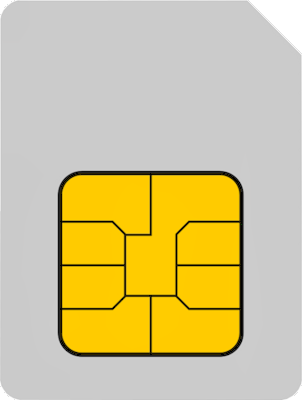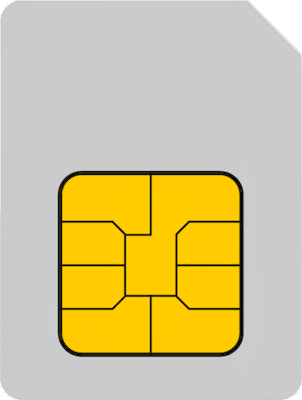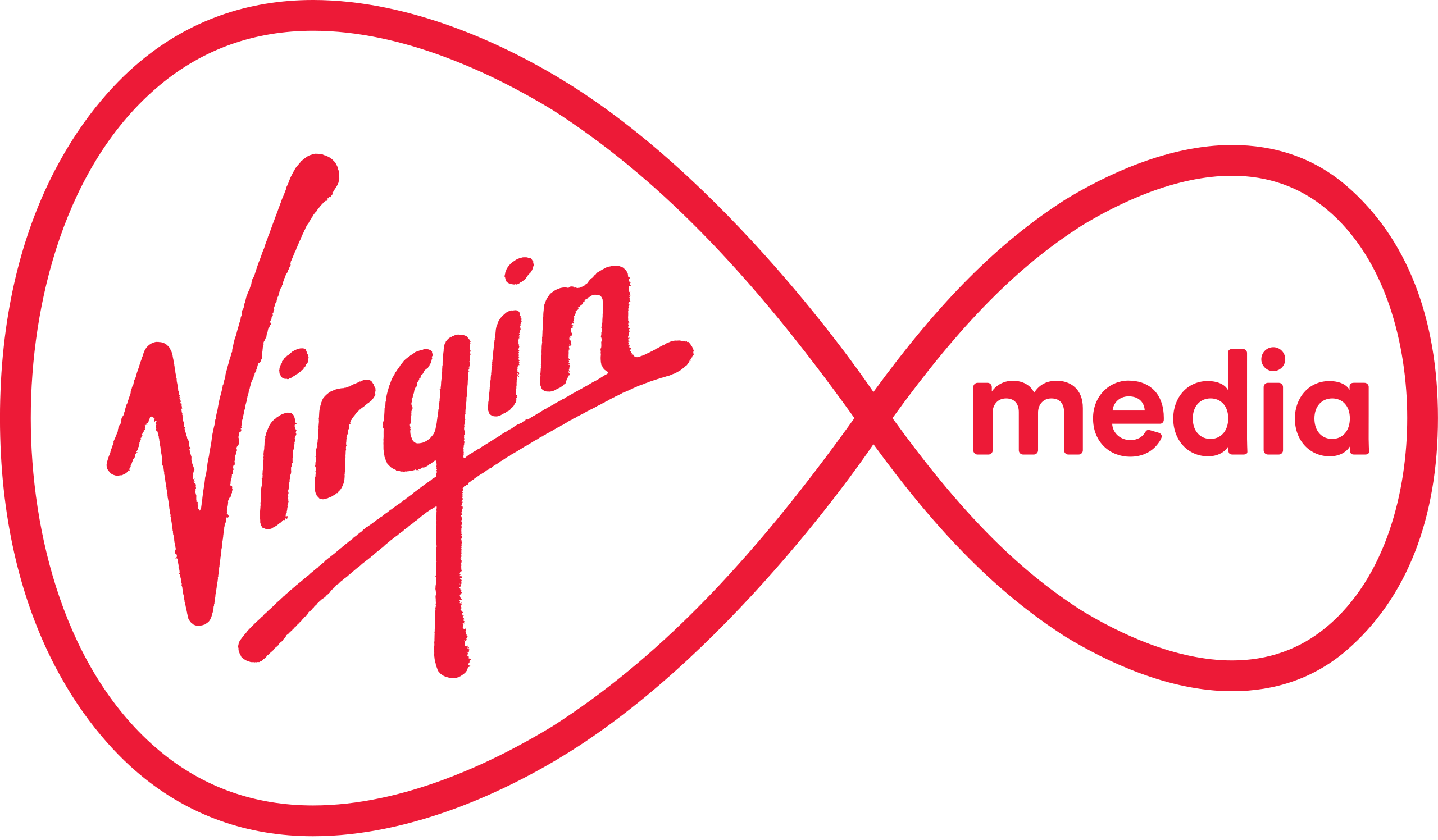Fibre broadband deal
Compare broadband prices daily to ensure you secure the best deal. Enter your postcode to access top packages from leading UK providers and make the switch for better savings today.
Compare deals

O2 SIM Only on Big Bundle 120GB with Unlimited mins & texts; 120GB of 5G data. £20 Topup.
120GB
Data
Unlimited
Minutes
Unlimited
Texts
1
Month Contract


Vodafone SIM Only on Red UNLIMITED (12 Month contract) with Unlimited mins & texts; Unlimited 5G data. £42 a month.
Unlimited
Data
Unlimited
Minutes
Unlimited
Texts
12
Month Contract


Voxi SIM Only on with Unlimited mins & texts; 300GB of 5G data. £20 Topup.
300GB
Data
Unlimited
Minutes
Unlimited
Texts
1
Month Contract


iD Mobile SIM Only on 5G Unlimited (1 Month contract) with Unlimited mins & texts; Unlimited 5G data. £16 a month.
Unlimited
Data
Unlimited
Minutes
Unlimited
Texts
1
Month Contract


Vodafone SIM Only on Red 25GB (12 Month contract) with Unlimited mins & texts; 25GB of 5G data. £8 a month.
25GB
Data
Unlimited
Minutes
Unlimited
Texts
12
Month Contract


Vodafone SIM Only on Red 70GB (12 Month contract) with Unlimited mins & texts; 70GB of 5G data. £12 a month.
70GB
Data
UNLIMITED
Minutes
UNLIMITED
Texts
12
Month Contract

Virgin Media M125 Fibre Broadband Only with FREE £80 Bill Credit
132MB
average speed
18
Month Contract
0.00
Upfront Cost
No Landline Needed
line

Sky Broadband Superfast 61MB with FREE £70 Gift Card
61MB
average speed
18
Month Contract
0.00
Upfront Cost
No Landline Needed
line


Google Pixel Fold 5G (512GB Obsidian) at £90 on Red (24 Month contract) with Unlimited mins & texts; 250GB of 5G data. £71 a month.
250GB
Data
Unlimited
Minutes
Unlimited
Texts
24
Month Contract
90
Upfront Cost


Samsung Galaxy Z Flip5 5G (512GB Cream) at £65 on Red (24 Month contract) with Unlimited mins & texts; 150GB of 5G data. £45 a month.
150GB
Data
Unlimited
Minutes
Unlimited
Texts
24
Month Contract
65
Upfront Cost
How it works
Three easy steps to getting the best fibre deal
Our broadband coverage checker searches all types of fiber broadband including full fiber where you live.
Enter your postcode
Enter your full postcode and select your address.
Compare deals
We’ll show you the best deals and providers in your area.
Switch your broadband
Sign up to your new broadband provider and start saving.
Why compare with us?
5gcompare.co.uk price checks the latest deals in the market to save you time and money.
Exclusive deals
We work hard to secure exclusive deals you won’t find anywhere else.
Impartial service
Being independent enables us to focus on the right deal for you.
Free, simple & secure
Safe and easy to use with no complicated registration forms to fill in.
What types of fibre broadband are available?
High-speed fibre – ’High-speed broadband’ is not a legally protected term, so there’s no official definition that can help customers understand exactly how fast they can expect this type of broadband to be. It can safely be assumed, however, that high-speed fibre broadband will be faster than ADSL / standard broadband provision. More details can be found in our guide to basic fibre broadband.
Superfast broadband – Superfast broadband does have a specific definition. It refers to broadband connections with a speed between 30Mbps and 100Mbps, enough to suit the needs of larger households and student sharers.
Ultrafast broadband – With connection speeds of 100Mbps and above (Ofcom defines it as above 300Mbps) ultrafast broadband is the choice of serious gamers or very large households. At the moment, you can get ultrafast fibre from most major providers, including Virgin Media, BT, TalkTalk, Vodafone, and EE. Read more about ultra-fast broadband in our guide.
Full fibre broadband – Also known as fibre to the premises or FTTP. This term is becoming more and more popular with providers. Full fibre broadband speeds are fast, with some reaching 1Gbps.
Gigabit broadband – This term refers to the very fastest connections, those of around 1Gbps or more, which can only be delivered as fibre to the home or FTTH. 1Gbps can’t currently be reached through wifi signal in the home, so you’ll have to plug an ethernet cable into your device to reach it.
Can I get fibre broadband in my area?
Fibre broadband is currently available to the majority of UK households (around 98%).
There are several reasons why some homes still can’t get fibre broadband. One is the cost of installing a network, particularly in rural areas where houses are few and far between. Likewise, if you live in a city or suburb, some areas are so densely populated that there simply isn’t room to add capacity for fibre connections. Some purpose-built flats and apartment blocks are also poorly serviced because of the way they’re internally wired.
Virgin Media and BT are two popular fibre broadband providers with solid coverage across the UK.
Use our fibre broadband checker to find out exactly what’s available in where you live. If you can’t get fibre, there are still some speedy options in the form of mobile broadband.
Is it worth switching to fibre?
If you live alone or with one other person who also uses the internet, and the most bandwidth (speed) intensive things you do online are internet shopping and browsing social media, it’s likely that your needs will be met by standard broadband. Standard broadband has a typical speed of around 10Mbps and can reach as high as 30Mbps, which is adequate for small households of light internet users who don’t stream TV, or download music, games, or large documents online.
That being said, there are currently some great fibre broadband deals on the market, so it’s worth checking to see if you could upgrade from standard provision to a more reliable and quicker connection at little to no extra cost.
For a household of three or more people, a fibre broadband package is usually the sensible choice, especially if anyone regularly streams video, plays games online, or downloads large, multi-gigabyte files. To understand what broadband speeds are required for streaming services, read our guide.
An entry-level fibre broadband deal typically offers speeds of between 30Mbps and 60Mbps. Choosing a faster speed can help futureproof your broadband usage, particularly if you have growing kids who are spending more and more time online. If you or someone you live with might be switching to home working in the near future, it’s also a good idea to add a little extra broadband speed to accommodate this.
According to the latest Ofcom data, the average speed from fibre-to-the-cabinet (FTTC) connections in the UK is 42.6Mbps, while the average of full-fibre connections is 145.4Mbps. These listed speeds are great and ideal for households that actively use the internet
The latest Ofcom data also shows that the average speed of standard broadband connections with an advertised speed greater than 10Mbps and less than 30 Mbps is 11.3Mbps, which is suitable for people that don’t use the internet heavily. Hence, you don’t need to worry much about getting good speeds from fibre broadband services.
The following table, which shows the broadband speed needed per device, should help you decide whether a fibre broadband deal is right for you. Keep in mind you might be using more than one device at once.
| Activity | Speed Required |
|---|---|
| Browsing social media | 1Mbps |
| Browsing the internet – reading content, online shopping, etc. | 2Mbps |
| Streaming Netflix in SD | 3Mbps |
| Streaming Netflix in HD | 5Mbps |
| Streaming Netflix in 4K | 25Mbps |
| Playing games online | 3-6Mbps |
| Streaming games | 35Mbps |
One of the best ways to find out your current broadband speed is to run our broadband speed test while you’re at home and connected to your wifi. We’ll tell you the download and upload speeds you’re receiving with your existing broadband provider.
Our guide to broadband speeds will give you further information about the type of broadband connection that’s right for your needs.
Superfast broadband deals
Superfast broadband speeds are ideally suited to households with up to five people who regularly use broadband.

Broadband Superfast
- 61Mb average speed
- Unlimited usage
- PAYG calls
£26.00per month

Super Fibre Broadband
- 63Mb average speed
- Unlimited usage
- PAYG calls
£23.00per month
£5 one-off cost
12-month contract

Fibre 2
- 67Mb average speed
- Unlimited usage
- No phone line
£31.99per month
24 month contract
Best full fibre deals
Full fibre broadband is the next generation of broadband in the UK. It’s full fibre to the home and it’s fast, very fast. Here are the most popular deals right now:

Broadband Ultrafast
- 145Mb average speed
- Unlimited usage
- PAYG calls
£30.00per month

Full Fibre 145
- 145Mb average speed
- Unlimited usage
- PAYG calls
£30.00per month
18 month contract

Full Fibre 500
- 500Mb average speed
- Unlimited usage
- No phone line
£50 Reward
£37.99per month
24 month contract
Frequently asked questions
Yes, at 5G Compare particularly if you’ve got an eye for a bargain. Search for deals, and look out for bundles that package together services, such as TV and mobile. That way you can save a lot on your monthly bills. It’s possible to find cheap fibre broadband deals, but they come and go, so be sure to keep your eyes open.
Limited fibre broadband is cheaper, but if you cross your monthly data cap, you’ll be in trouble. If you have any doubts, it’s better to go for an unlimited fibre broadband deal.
Yes. This is something that your provider will almost always take care of during the installation process.
Use our free broadband speed checker. For fibre broadband, 30Mbps is considered a good speed.
Yes, it’s possible to get a fibre connection without a landline. However, some carriers require you to have a landline connection in order to get broadband regardless of if you use it. Ultrafast, fibre to the home connections usually come without a landline.
